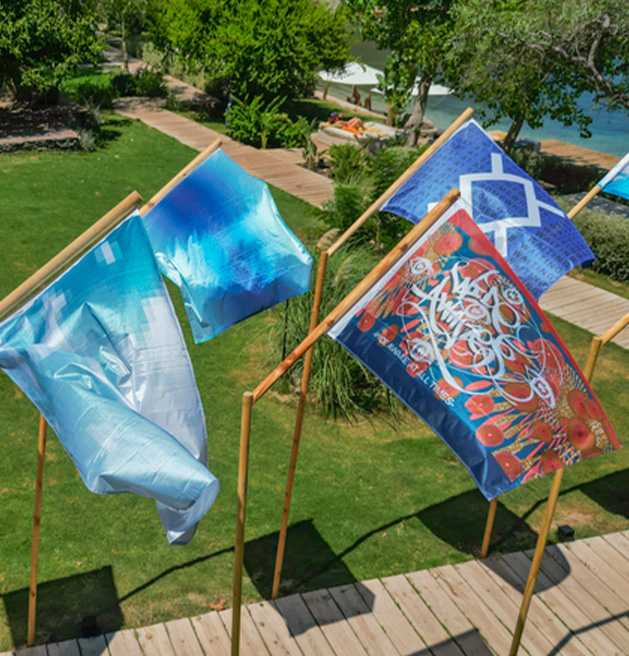Plastic pollution of the oceans is becoming an increasingly serious global problem. This problem has become so serious that we can describe it as one of the most serious environmental emergencies of our time. In fact, we are talking about around 8 million tonnes of waste that ends up on beaches and the seabed every year: it is estimated that by 2050 this waste could exceed the amount of fish in the sea.
Plastic Pollution: From Plastic to Ocean Debris
Plastic is one of the symbols of modern industry and has become part of everyday life. It is a durable and flexible man-made organic substance, produced mainly from fossil fuels (oil or gas), cellulose and corn starch.
The durability and versatility of this material make it one of the most long-lasting products on the market: a positive aspect, but also a risk that, if it is not biodegraded and recycled or disposed of correctly, it will alter the ecosystems of the environment. A risk that is becoming increasingly tangible, especially in our seas.
Plastic objects and debris are now found everywhere, from beaches to the seabed: They come mostly from continents, but also directly from boats if they are not disposed of properly.
Plastic Pollution: Macroplastics and Microplastics
When we talk about plastic, it is necessary to divide it into two categories: macroplastics and microplastics.
Macroplastics are large pieces of waste from everyday objects and are often dangerous to turtles, fish or birds that get caught in them.
Microplastics are fragments less than five millimetres in diameter that are formed directly in the ocean as a result of erosion of macroplastics or from abrasives or additives we use in our daily lives.
Although large debris can have a significant visual impact, small fragments can be even more harmful: they run the risk of being ingested by animals, accumulating in organisms and in the global food chain, releasing all the harmful substances they contain.
Respect for Nature: Yazz Collective Philosophy
Yazz Collective is more than just a hotel, it is a philosophy based on respect and love for nature. Located in Turunc Spring, the hotel respects the beauty of nature by minimising its impact on the environment. This is reflected not only in the architecture of the hotel, but also in the support of environmental projects and art initiatives.
Flags for Future: A Meeting of Art and Environmental Awareness
Yazz Collective brought art and environmental awareness together by hosting the FLAGS FOR FUTURE project organised by ISTANBUL’74 and Utöpia Flags. The hotel contributed to raising awareness about plastic pollution in the oceans by presenting limited edition artist flags. This project once again underlines Yazz Collective’s sensitive approach to nature and environment
A Touch of Fine Art
Yazz Collective Fethiye Turunc Spring offers its guests a comfortable nature holiday as well as an experience full of art. Kezban Arca Batıbeki, Giasco Bertoli, Jean-Charles de Castelbajac, Blair Chivers, Ali Elmacı, Alphan Eşeli, José Parlá & Coby Kennedy, Krista Kim, Mathias Kiss, Hesselholdt & Mejlvang, Robert Montgomery, Jamie Nares, Seçkin Pirim, Kevin A. Rausch, André Saraiva, Tyler Spangler, Pınar Yoldaş and Aaron Young are among the artists supporting the FLAGS FOR FUTURE project to raise awareness of plastic pollution in the oceans with their flag designs on display at the hotel.
Clean Steps into The Future
Yazz Collective is taking its environmental responsibility one step further by donating a portion of the proceeds from the FLAGS FOR FUTURE project to Parley and Turmepa for their clean ocean initiatives. These donations demonstrate the hotel’s commitment to sustainability and eco-friendly projects.


